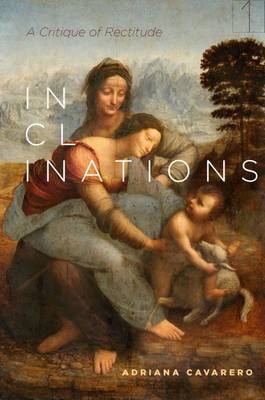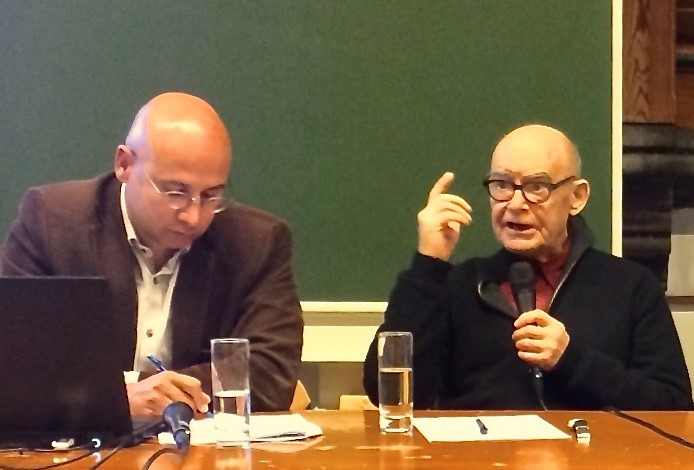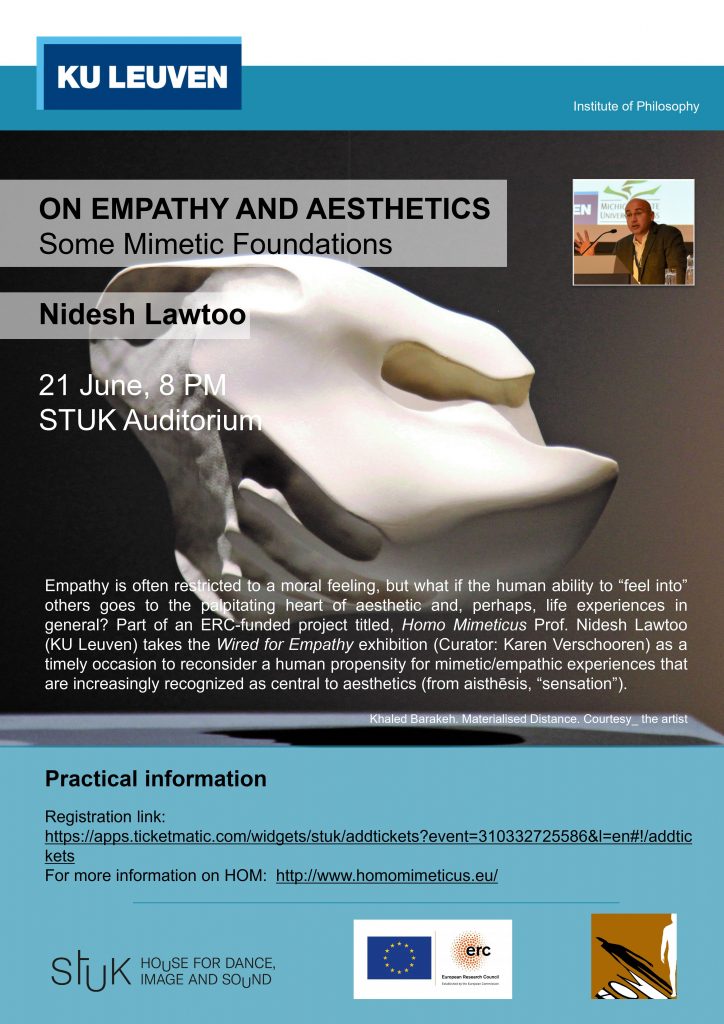For Nietzsche philosophy was a diagnostic activity that entailed looking at sickness from the perspective of health (and vice versa) to propose cures. In Part 2 of this talk, shot in Sils Maria, Switzerland, Nidesh Lawtoo considers the role of mimesis that leads Nietzsche to turn personal sickness or pathology into a diagnostic critique of mimetic pathos, or patho-logy. Drawing on concepts articulated in The Phantom of the Ego (2013), Nietzsche turns out to be at the origins of the concepts of mimetic pathos, pathos of distance, and patho(-)logies internal to HOM Theory.
Nietzsche on Mimetic Metamorphoses Part II
For Nietzsche philosophy was a diagnostic activity that entailed looking at sickness from the perspective of health (and vice versa) to propose cures. In Part 2 of this talk, shot in Sils Maria, Switzerland, Nidesh Lawtoo considers the role of mimesis that leads Nietzsche to turn personal sickness or pathology into a diagnostic critique of mimetic pathos, or patho-logy. Drawing on concepts articulated in The Phantom of the Ego (2013), Nietzsche turns out to be at the origins of the concepts of mimetic pathos, pathos of distance, and patho(-)logies internal to HOM Theory.




